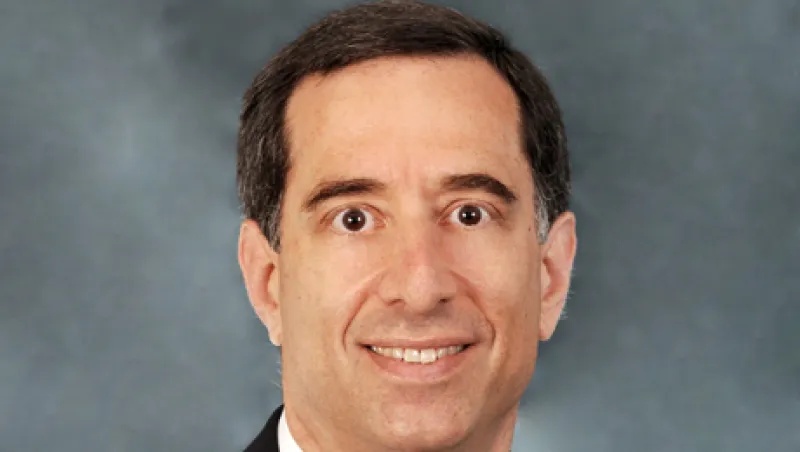
Third Avenue Nabs Banker David Resnick
In a sign of the times in banking, the former head of Rothschild’s restructuring and debt and equity advisory businesses joins Marty Whitman’s money management firm as president.
Julie Segal
September 28, 2012



